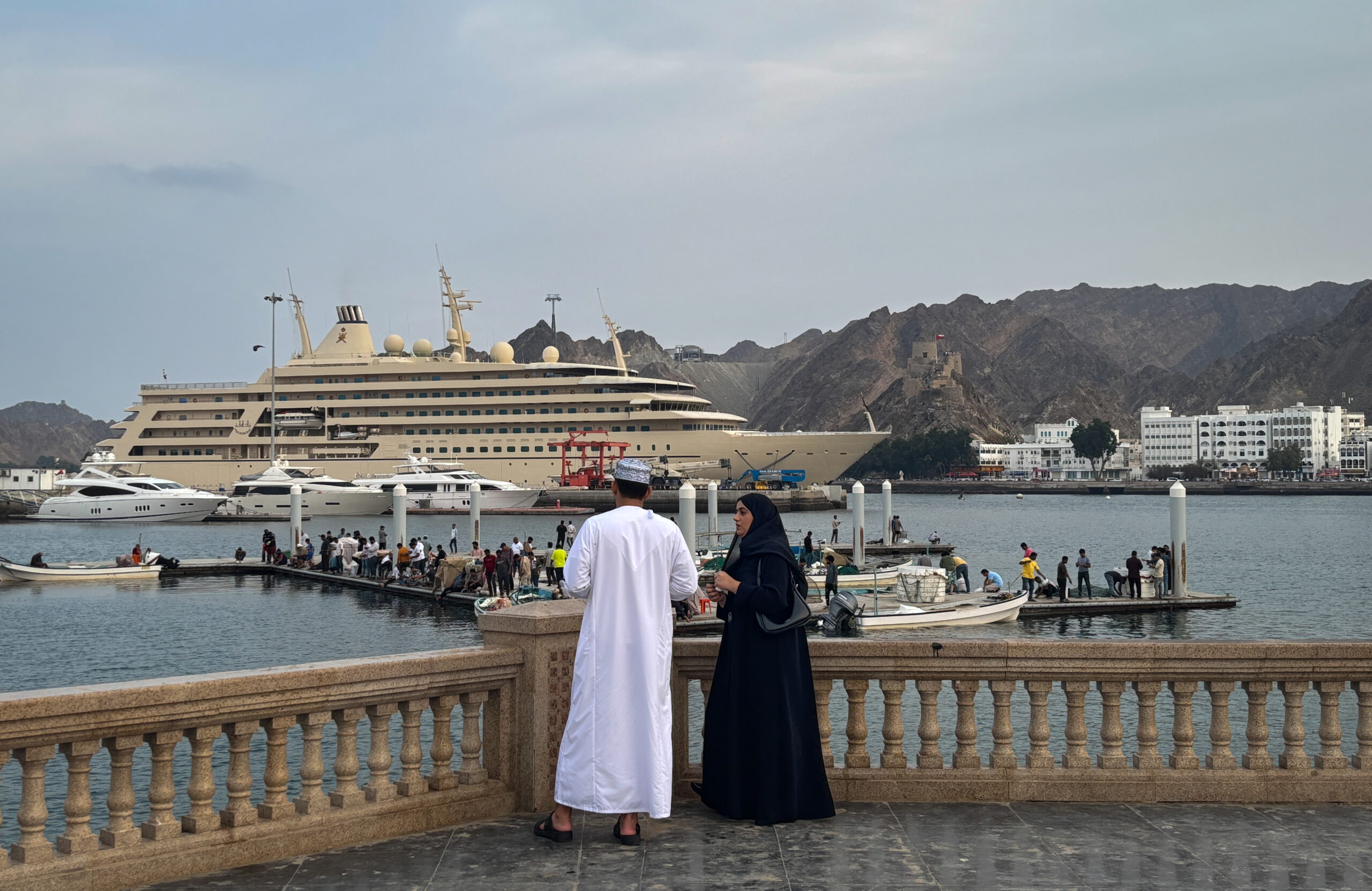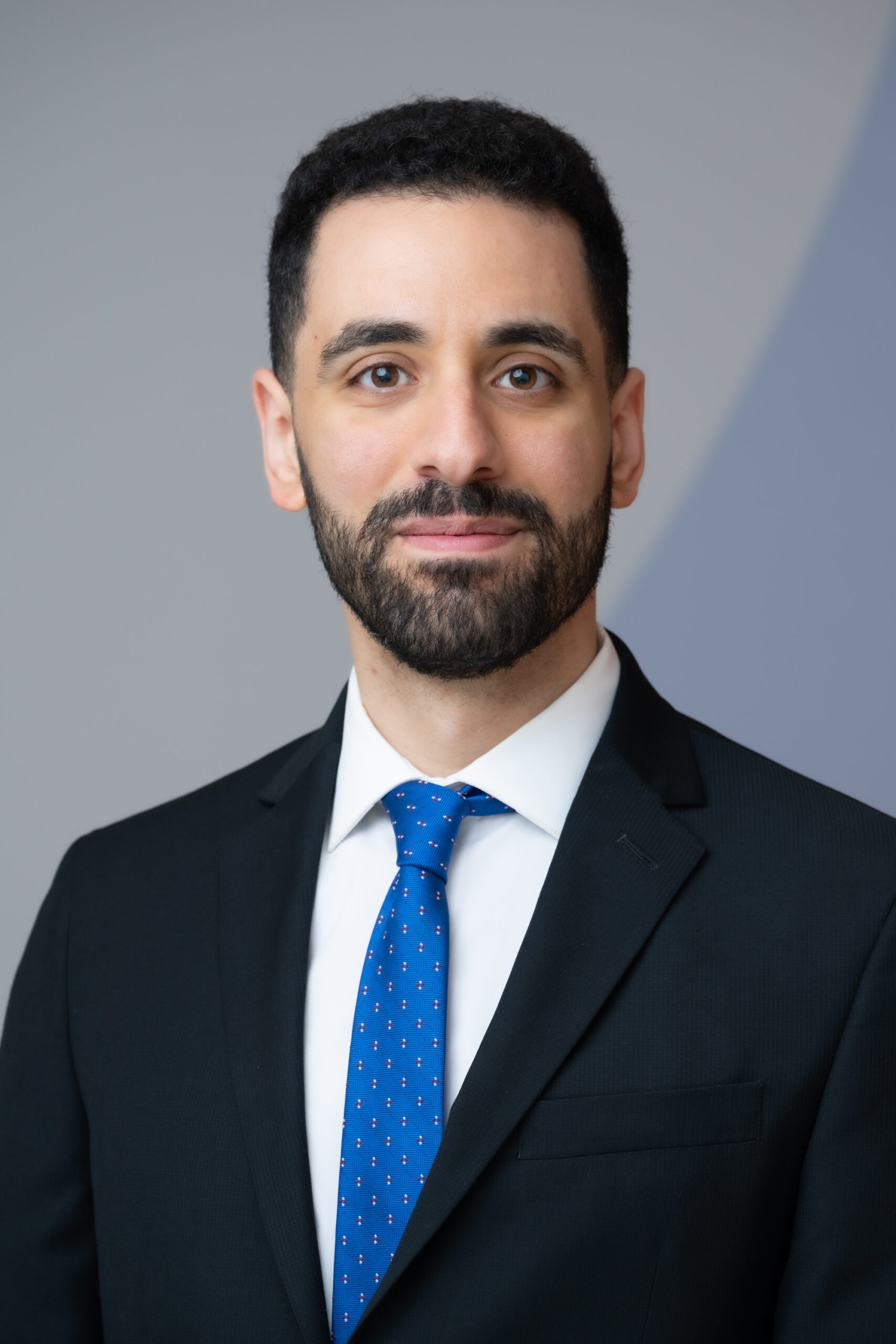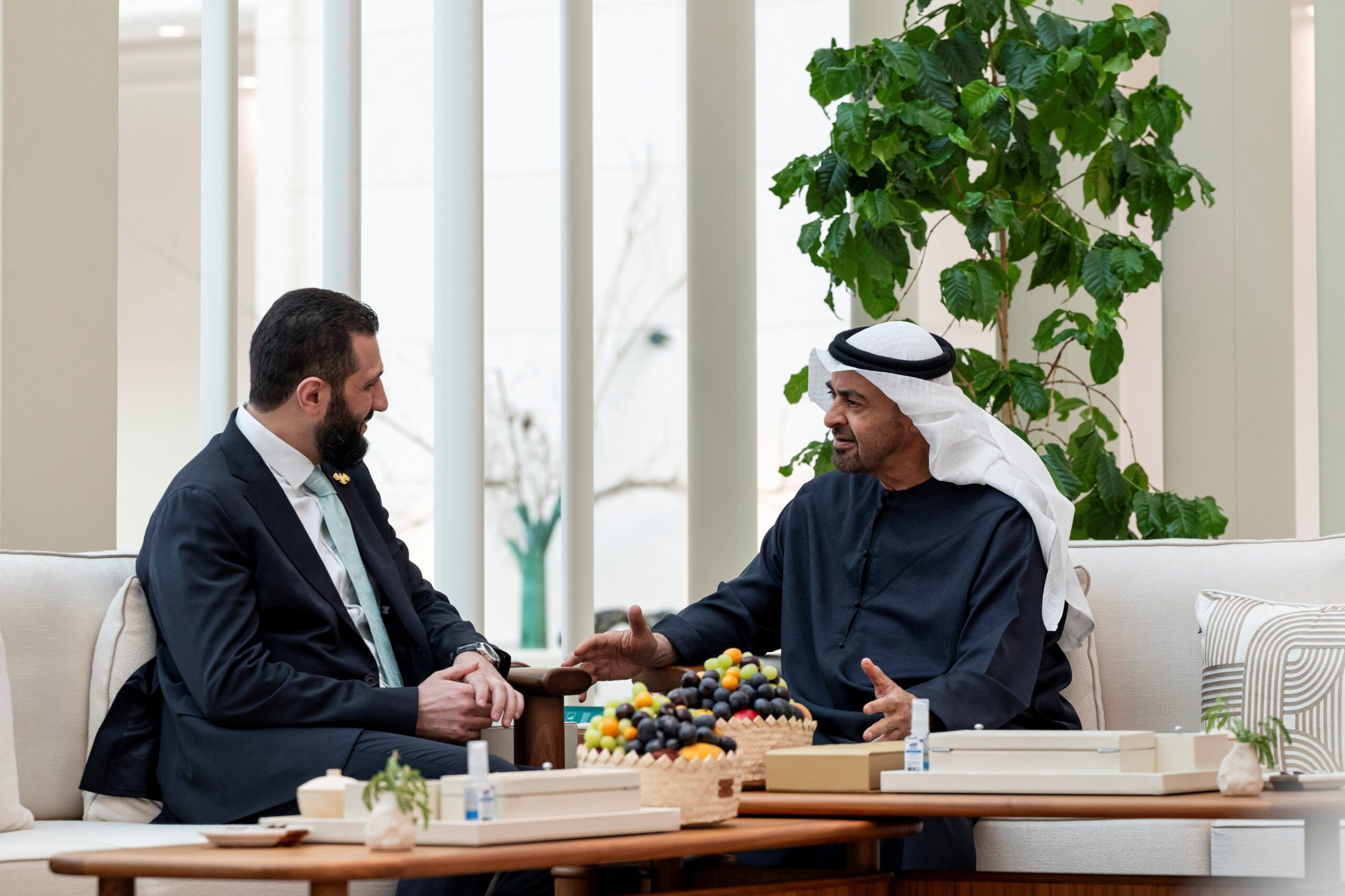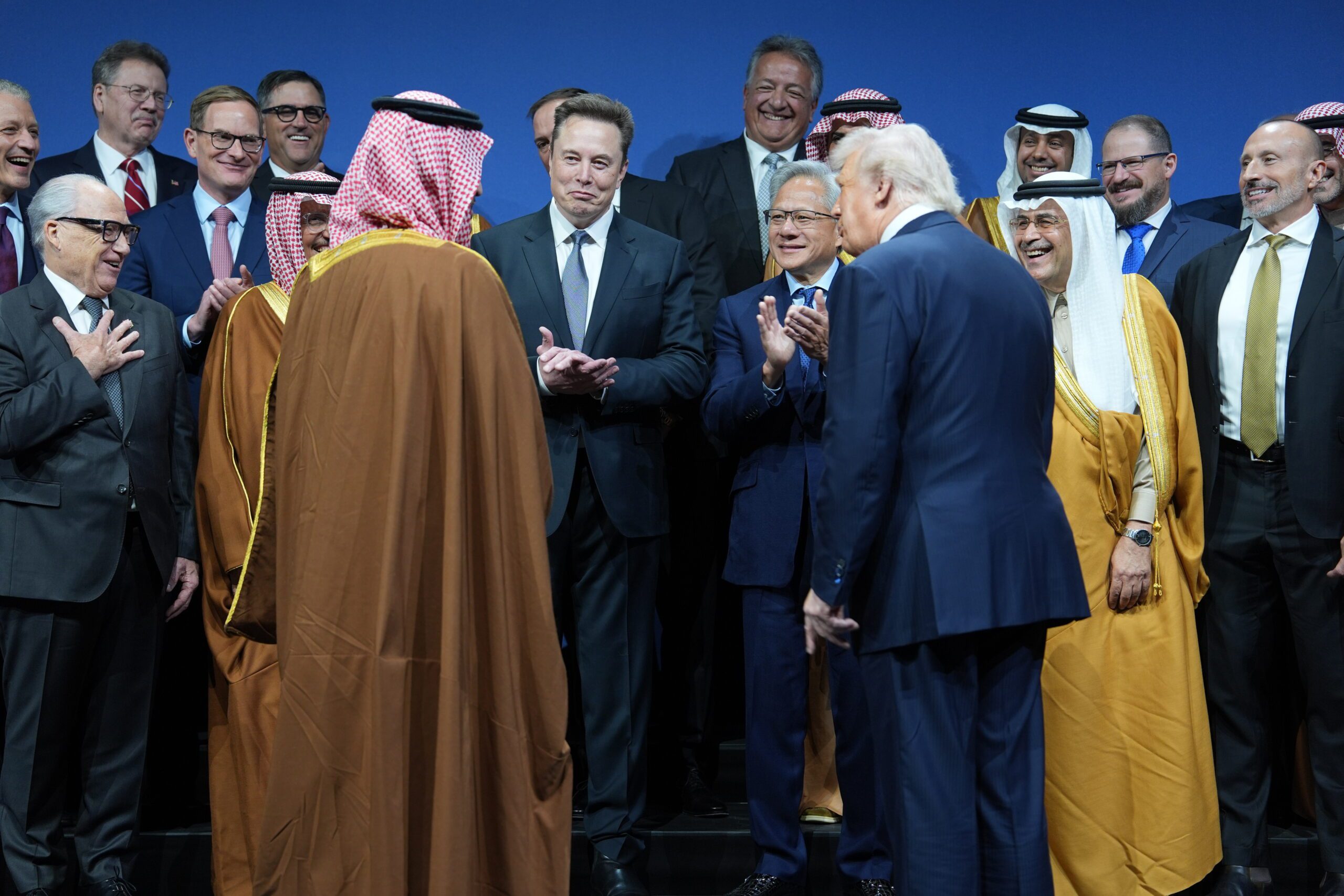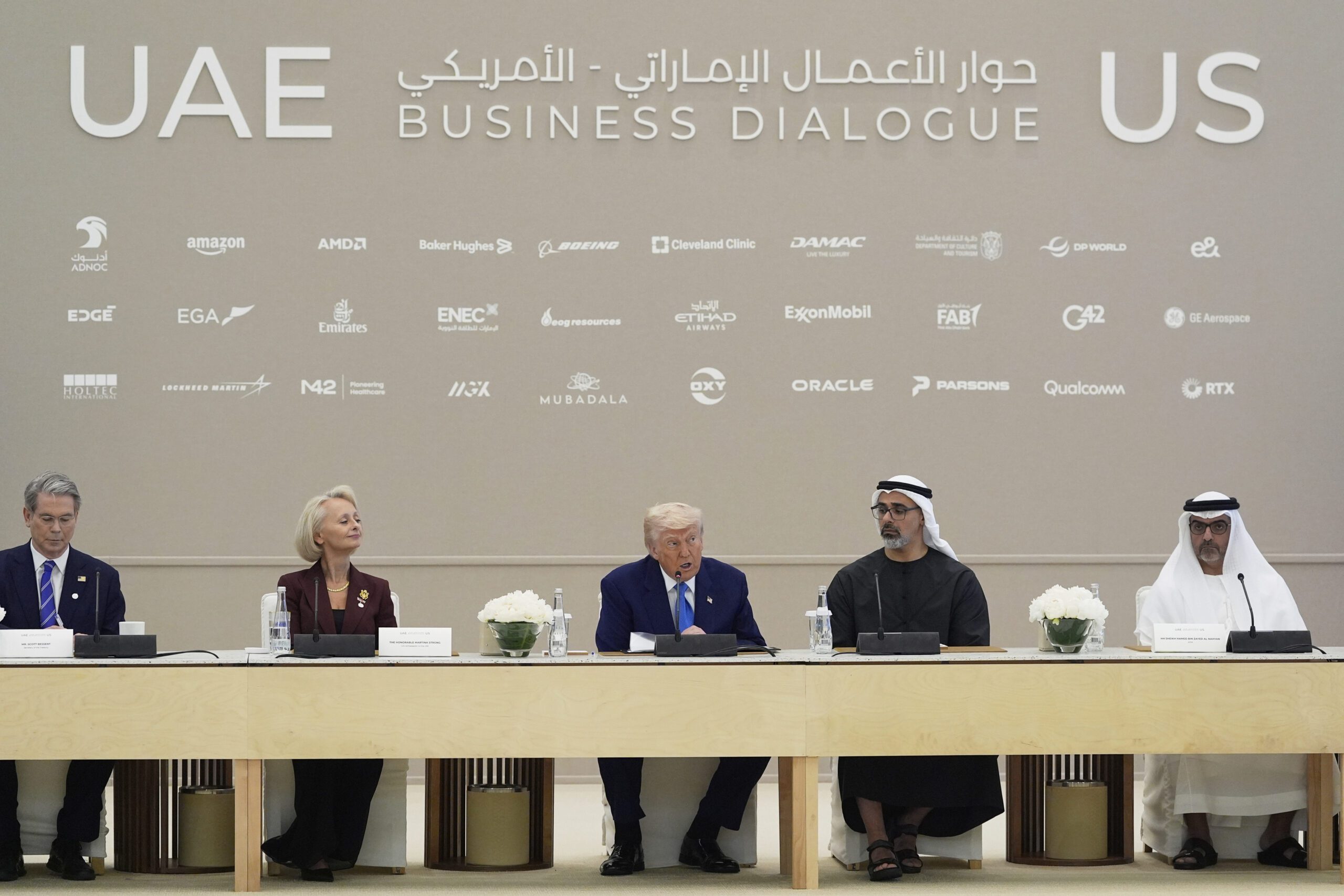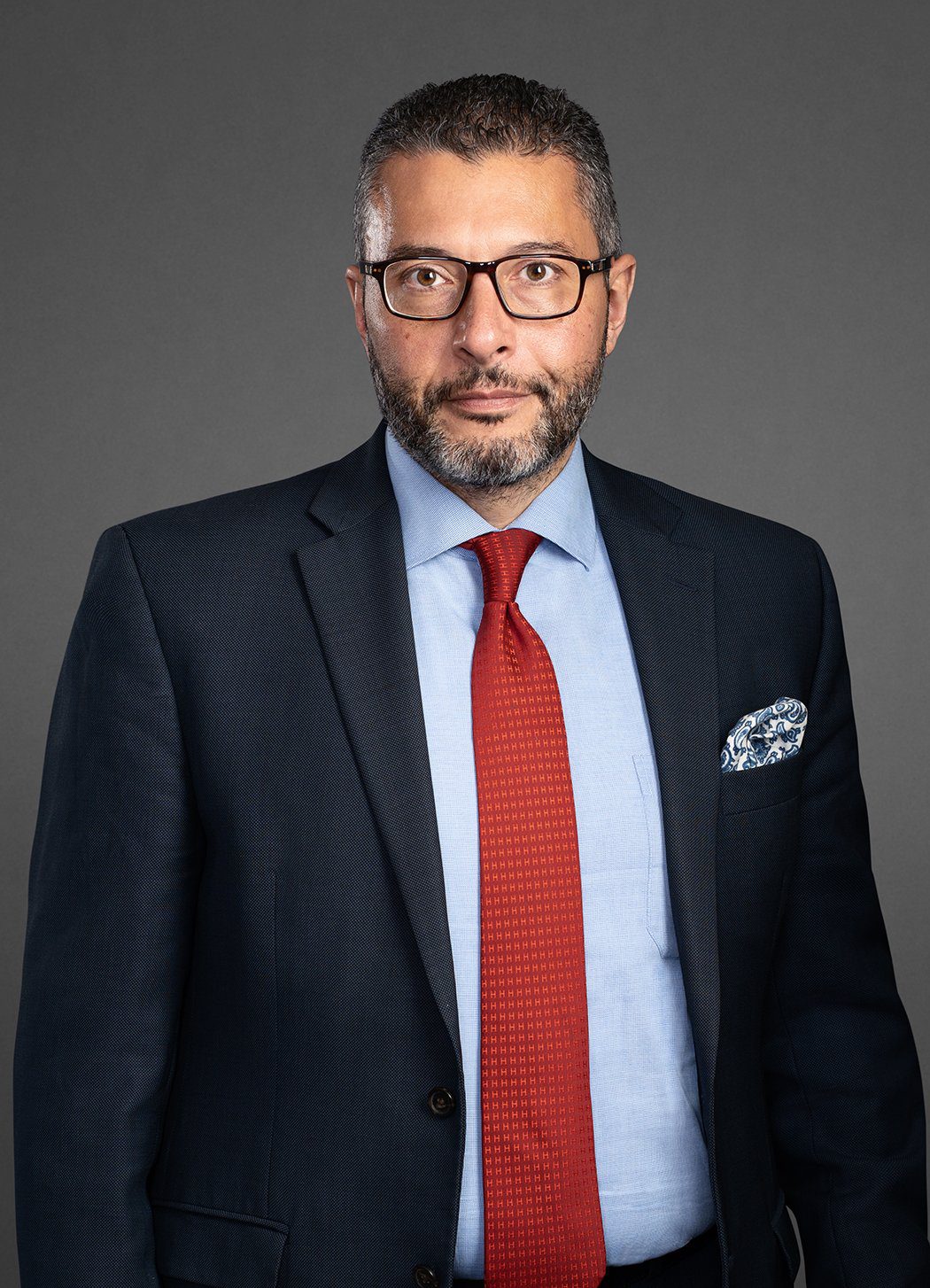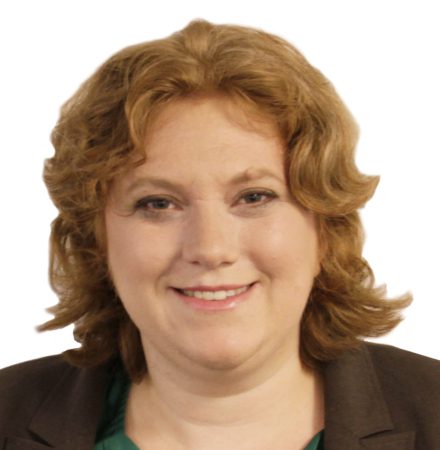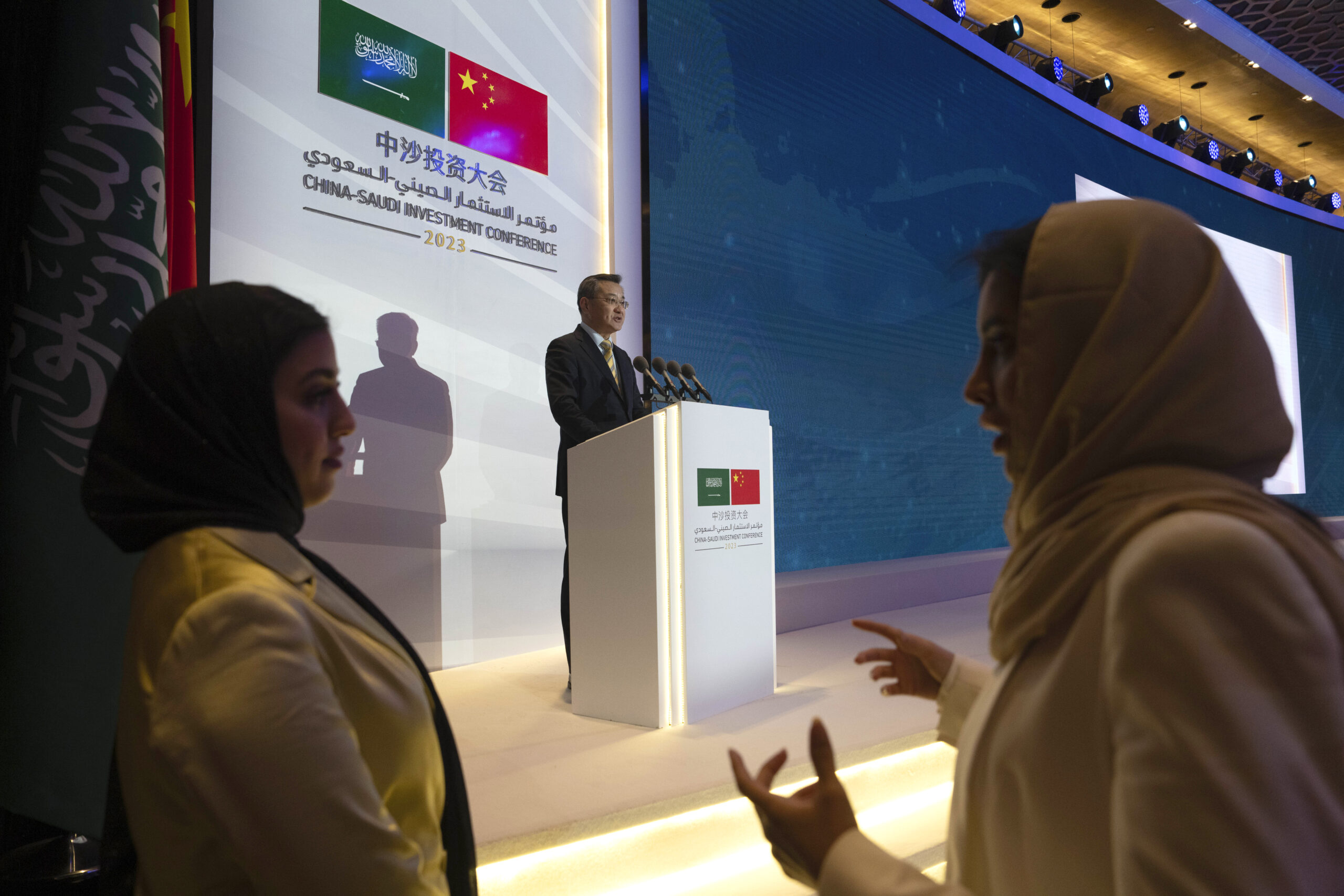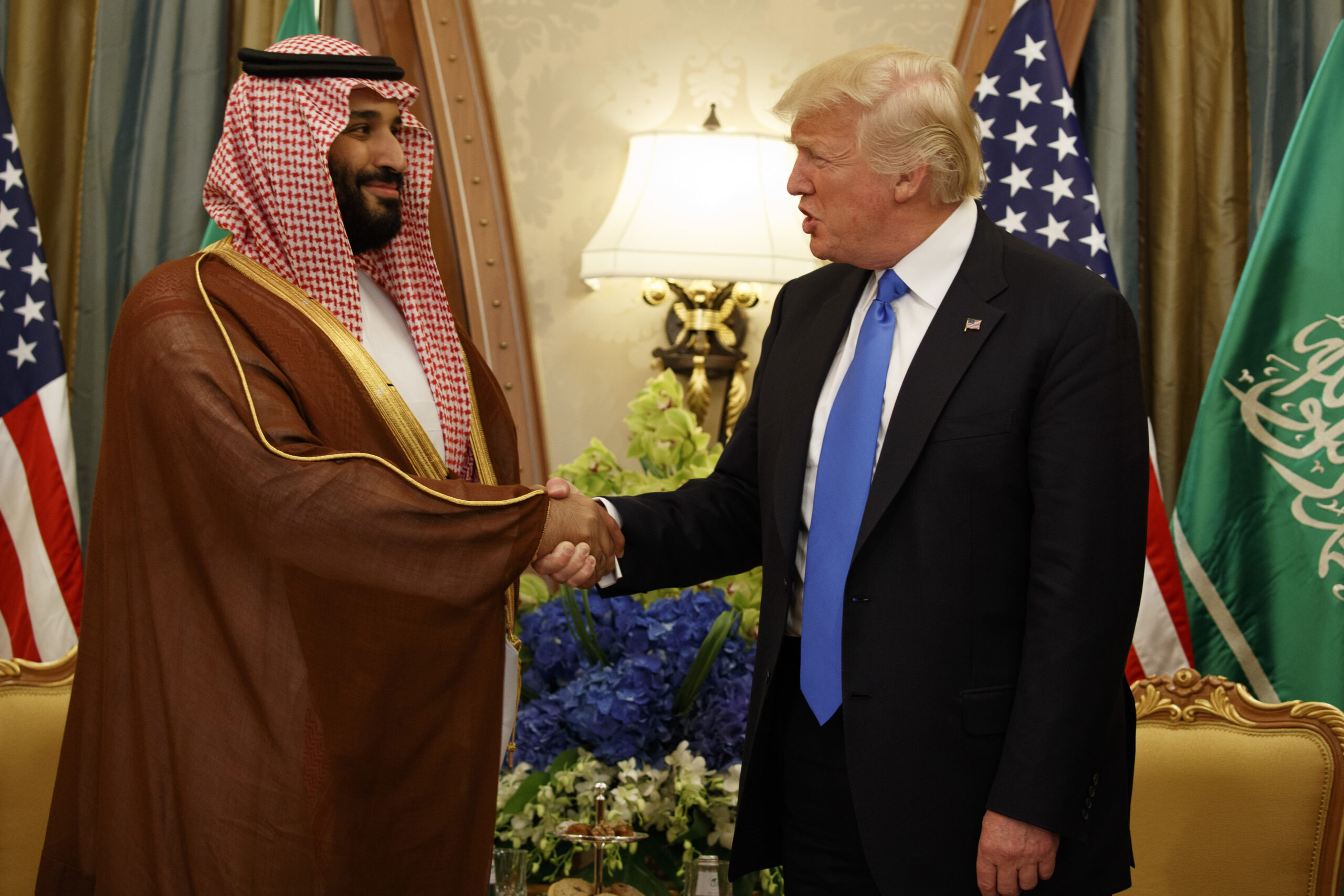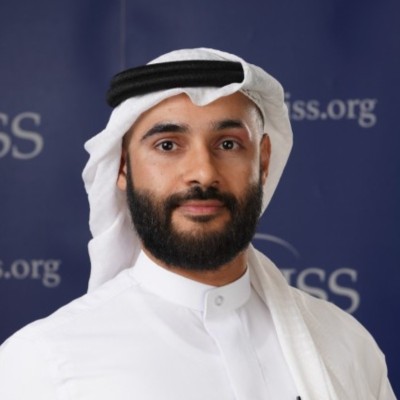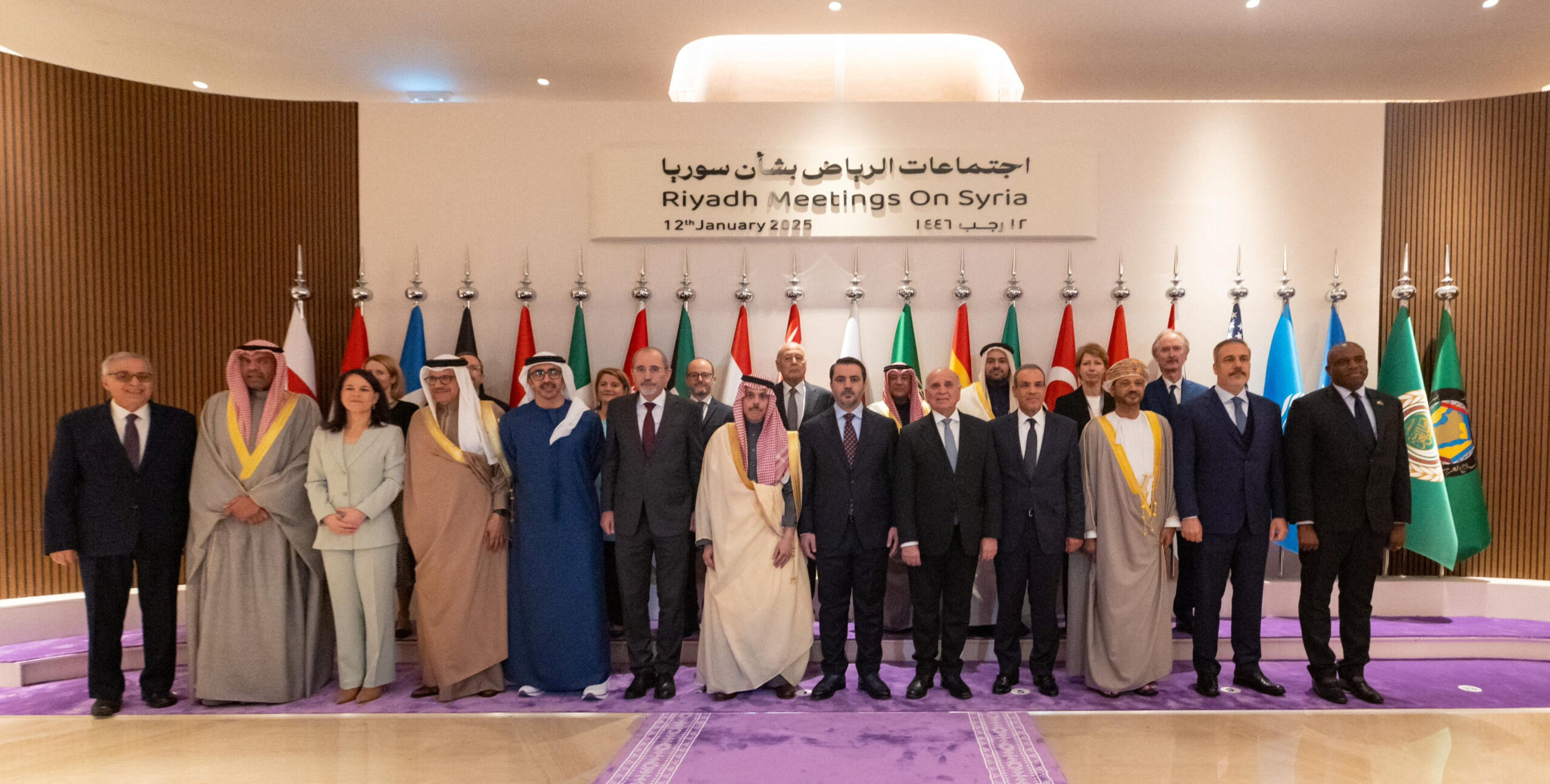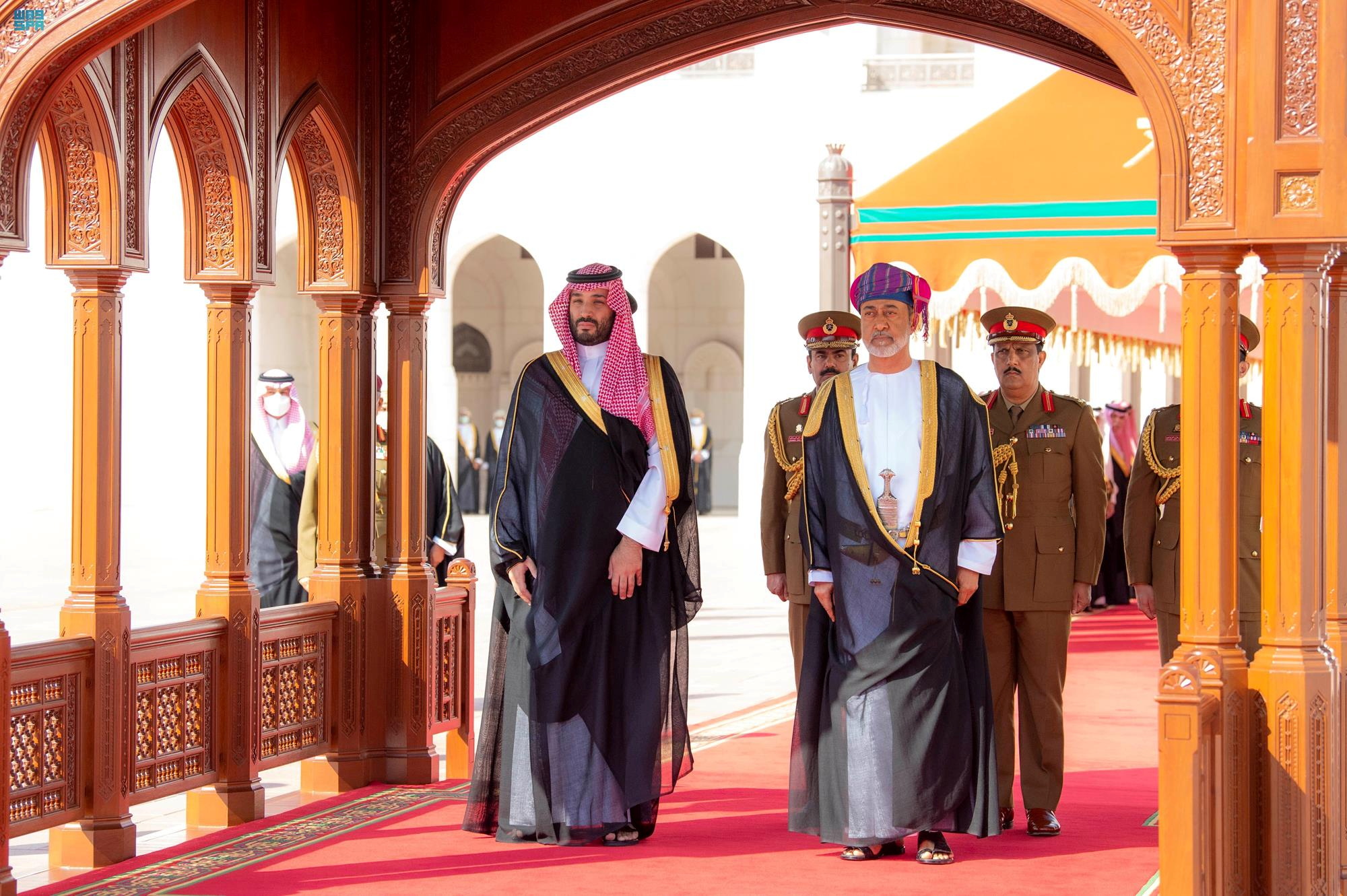
In late January and early February, Omani and Saudi officials held the Saudi-Omani Investment Forum in Riyadh. Under the theme “Partnership and Integration,” the four-day summit sought to enhance long-term economic partnerships between the two countries. Among a raft of agreements, Oman and Saudi Arabia signed a memorandum of understanding to finance the construction of an integrated economic zone in Oman’s Al Dhahirah governorate. Oman’s Public Authority for Special Economic Zones and Free Zones also signed an agreement with Saudi Arabia’s Economic Cities and Special Zones Authorities to increase the appeal of economic zones in both countries.
Economic linkages between Oman and Saudi Arabia have grown stronger in recent years. Political transitions – especially the ascension of Omani Sultan Haitham bin Tariq in 2020 – appear to have reset relations between the two Gulf Arab states in a more collaborative manner. A 450-mile road between Oman and Saudi Arabia opened in December 2021, enhancing connectivity in a manner that may boost economic activity in remote parts of both countries. Senior-level trade and investment delegations have become a regular facet of Omani-Saudi relations, and the volume and value of trade exchanges between the two countries are on the rise. Moreover, in October 2022, the Public Investment Fund, Saudi Arabia’s sovereign wealth fund, set up a regional investment office in Oman.
As Oman and Saudi Arabia’s economic ties grow, economic zones would seem to be a logical component of their deepening collaboration. Yet the region’s free zones and special economic zones generally do not work together closely, often competing over clients, lower prices for registration and services, and commercial reputations. There is even competition among zones within a given country: The Duqm Special Economic Zone competes with the Sohar Port and Freezone in Oman, while free zones in the United Arab Emirates jockeyed for tax exemptions when the government rolled out a value-added tax in 2018. There are some limited examples of authorities overseeing multiple zones or entities, such as the Dubai Free Zone Council, which can help mitigate unhealthy competition. However, commercial competition among economic zones in different countries, which have fewer incentives to collaborate, tends to be even stiffer.
Nonetheless, for several reasons Omani and Saudi officials have a mutual interest in supporting the growth of each other’s economic zone sectors. First, the UAE has a clear advantage in this sphere, meaning that not only do comparable sectors in other Gulf countries have much ground to make up but also that most intraregional collaborations with Emirati economic zones are likely to be highly unbalanced. Past discussions about Dubai’s Jebel Ali Free Zone Authority assuming management responsibilities over Oman’s Salalah Free Zone never went anywhere, as Oman worried about losing sovereignty over its zone and it being used to relocate undesirable clients.
Emirati economic zones – generally labeled free zones – are older, more numerous, better known among international investors, and contain more registered firms than their counterparts in other Gulf states. Companies in the Jebel Ali Free Zone alone generate over $104 billion in trade value annually, whereas the combined value of Oman’s total exports and imports reached just $57.5 billion in 2020. With more than 40 free zones in the UAE, investors and firms can find a hub specializing in or catering to nearly any industry. For instance, the UAE’s newest free zone, RAK Digital Assets Oasis, focuses on digital and virtual asset companies.
Second, better linkages to Saudi Arabia through economic mechanisms, such as economic zones, can make Oman a more attractive trade and investment destination. There is tremendous global interest in the economic opportunities available in Saudi Arabia, owing to the ambitious projects associated with Vision 2030 and the Public Investment Fund’s outsized domestic role. A poll released in early March by EFG Hermes found that investors and executives see Vision 2030 as the most important source of regional investment opportunities. Indeed, Oman operates in the economic shadow of its Saudi neighbor: Oman’s gross domestic product was just $88.19 billion in 2021, whereas Saudi Arabia’s stood at $833.54 billion. As economic zones facilitate trade and investment flows into the region, they offer Oman an opportunity to encourage positive spillovers from the massive market next door.
Third, Saudi Arabia can benefit from collaboration with more established Omani zones. The Saudi government launched ambitious economic city projects in the early 2000s and currently oversees various industrial cities. Yet the country’s mix of free zones and special economic zones remains underdeveloped. While Saudi Minister of Investment Khalid al-Falih said in January 2021 that the kingdom is working to establish as many as 20 more special economic zones, progress has been slow. Likewise, Riyadh has demonstrated its ambitions by creating new centers for economic zones and revamping regulatory authorities, but concrete developments in the sector have been limited. The Special Integrated Logistics Zone, outside of King Khalid International Airport in Riyadh, was established in 2018 and only launched in October 2022.
Meanwhile, Oman possesses deep experience and expertise in the development and management of free zones and special economic zones. The Public Authority for Special Economic Zones and Free Zones oversees the Special Economic Zone at Duqm, Sohar Free Zone, Al Mazunah Free Zone, and Salalah Free Zone as well as Knowledge Oasis Muscat, a technology-focused park nestled under the portfolio of Madayn, a government institution that also manages 10 industrial cities. Oman established its first free zones in the late 1990s and early 2000s, and the country created domestically oriented industrial cities, often referred to as industrial estates, even earlier in the 1980s. A formal Free Zones Law was implemented through royal decree in 2002. With decades of experience in the economic zone sector, the Omanis can offer their Saudi counterparts knowledge and best practices on exemptions and commercial incentives for investors.
There are also overlapping geographic interests beyond the two countries’ physical borders. Commercial activity in and around the Red Sea corridor creates additional incentives to better link nascent Saudi zones on the Red Sea coast with Omani zones at Salalah and Duqm, which lie along the Arabian Sea and Indian Ocean. Oman’s Al Mazunah Free Zone on its border with Yemen could also support a postconflict strategy for economic engagement with the war-torn country.
During the twilight of Sultan Qaboos bin Said’s reign, many Omanis looked enviously at the ambitious economic and social transformations taking place under Saudi Crown Prince Mohammed bin Salman. Sultan Haitham has pushed ahead with needed economic reforms since taking power three years ago, but attracting investments within a competitive region remains challenging. It appears that Omani and Saudi officials believe more cooperation – rather than competition – in the economic zone space may serve both countries’ interests.
The views represented herein are the author's or speaker's own and do not necessarily reflect the views of AGSI, its staff, or its board of directors.

